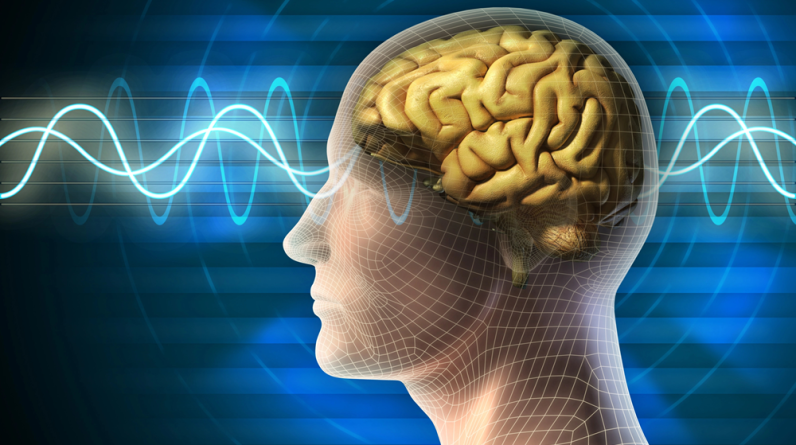
Social connections represent a fundamental aspect of human brain function, with extensive neural networks dedicated to processing social information and maintaining interpersonal relationships.
The social brain utilizes several cognitive processes that work together to work through social scenarios, and these interactions significantly influence overall brain comprehension and brain wellness.
Understanding the relationship between social engagement and brain function is important for maintaining cognitive well being and protecting against age related decline.
Research consistently demonstrates that individuals with strong social connections show better cognitive performance, slower rates of cognitive decline, and reduced risk of dementia compared to those who are socially isolated.
In what follows, we’ll discuss how relationships affect brain structure and function, examine the protective effects of social engagement, and provide approaches for building brain healthy social networks.
The Neuroscience of Social Connection
Social cognition involves multiple brain networks working in coordination to process social information, understand others’ intentions, and navigate interpersonal relationships.
The default mode network, which is active during rest and introspection, shows significant overlap with social cognition networks, suggesting that social thinking represents a fundamental aspect of human brain function.
Mirror neuron systems allow us to understand others’ actions and emotions by internally simulating their experiences. These systems contribute to empathy, social learning, and the ability to predict others’ behavior. Regular social interaction strengthens these neural networks and maintains their efficiency throughout life.
Social stress and social support produce measurable changes in brain structure and function. Chronic social isolation activates stress response systems and can lead to inflammation and neural damage. Conversely, positive social relationships activate reward systems and promote the release of hormones that support brain health and cognitive function.
Social Engagement and Brain Protection
Social interaction provides cognitive stimulation through complex communication demands, emotional processing, and perspective taking requirements. These cognitive demands help maintain neural plasticity and build cognitive reserve that protects against age related decline.
Conversations require rapid language processing, working memory, and executive function, providing comprehensive cognitive exercise.
Group activities and collaborative problem solving engage multiple cognitive areas simultaneously. Participating in team based activities, group discussions, or collaborative projects requires coordination of attention, memory, and executive function while managing social dynamics and communication demands.
Social learning environments provide unique cognitive benefits by combining information acquisition with social interaction. Learning in group settings, participating in classes, or engaging in mentoring relationships creates rich cognitive experiences that support brain health through multiple mechanisms.
Building Brain Healthy Social Networks
Maintaining diverse social connections provides varied cognitive stimulation and emotional support. Different types of relationships (family, friends, colleagues, community members) offer unique cognitive demands and social experiences.
Cultivating relationships across age groups and backgrounds expands cognitive perspectives and maintains mental flexibility.
Regular social activities that involve cognitive stimulation provide optimal brain benefits. Book clubs, game groups, volunteer organizations, and hobby clubs combine social interaction with mental stimulation. These activities create consistent opportunities for cognitive exercise within supportive social contexts.
Meaningful social roles and responsibilities contribute to cognitive health by providing purpose and regular cognitive engagement. Mentoring others, participating in community leadership, or maintaining family relationships creates ongoing cognitive demands that support brain function.
Final Thoughts
Social connections represent a powerful factor in cognitive health and brain preservation.
From understanding the neural networks that support social cognition to implementing approaches for building meaningful relationships and community engagement, this knowledge highlights the importance of social factors in brain health.
By prioritizing social connections, engaging in community activities, and maintaining diverse relationships throughout life, we can harness the cognitive benefits of social interaction to improve our brains.








